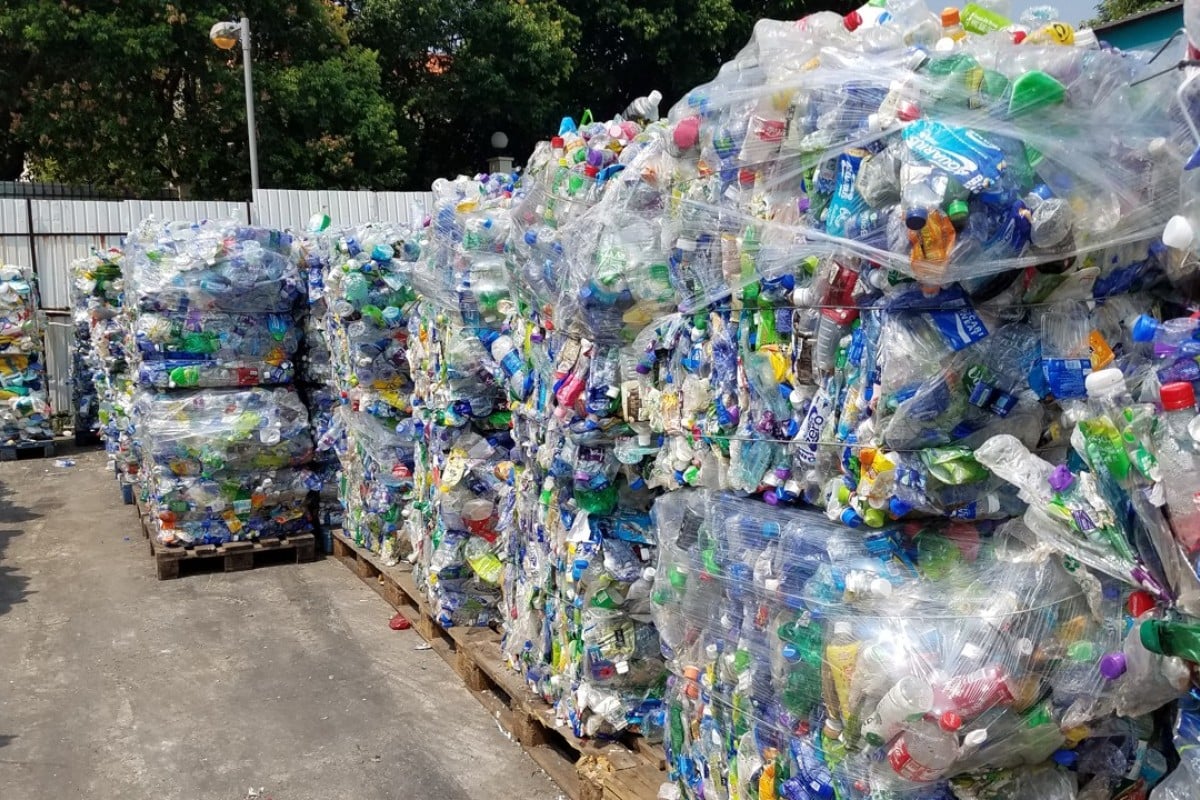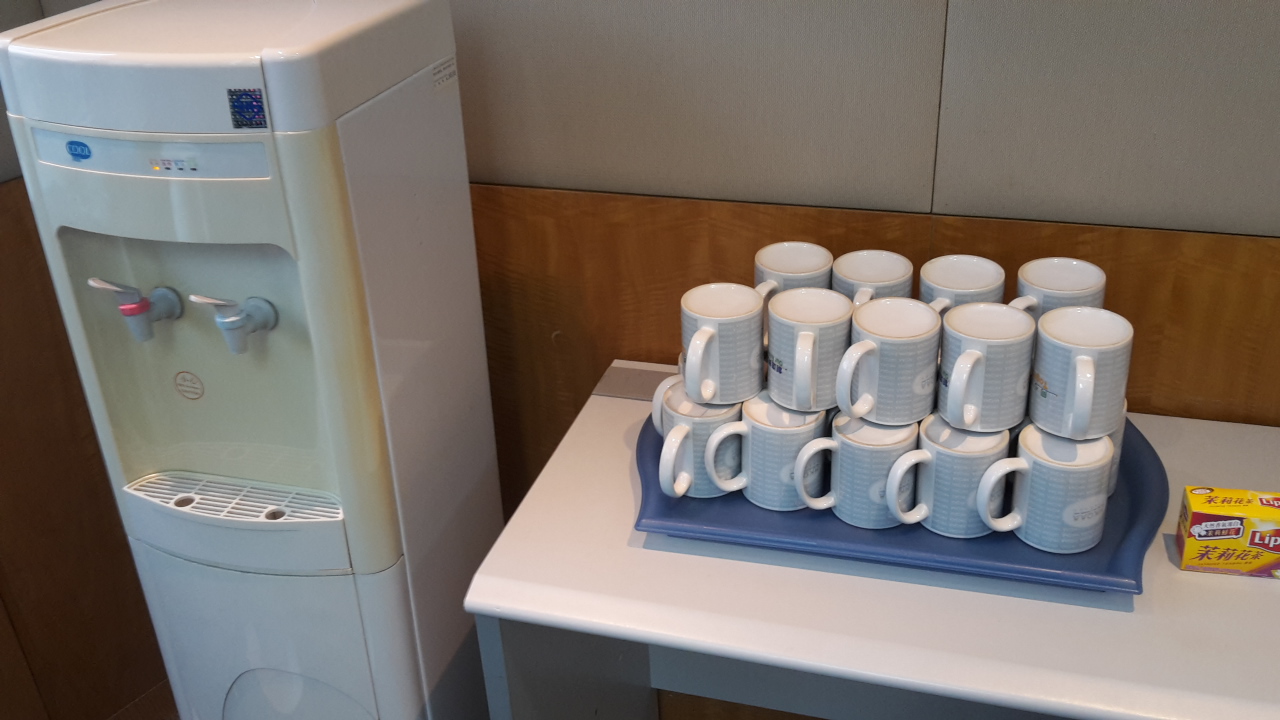Hong Kong Recycler Mil Mill’s Troubles Highlight Need To Make Recycling Profitable
 29 Sep 2022
29 Sep 2022
- Category
- Keywords
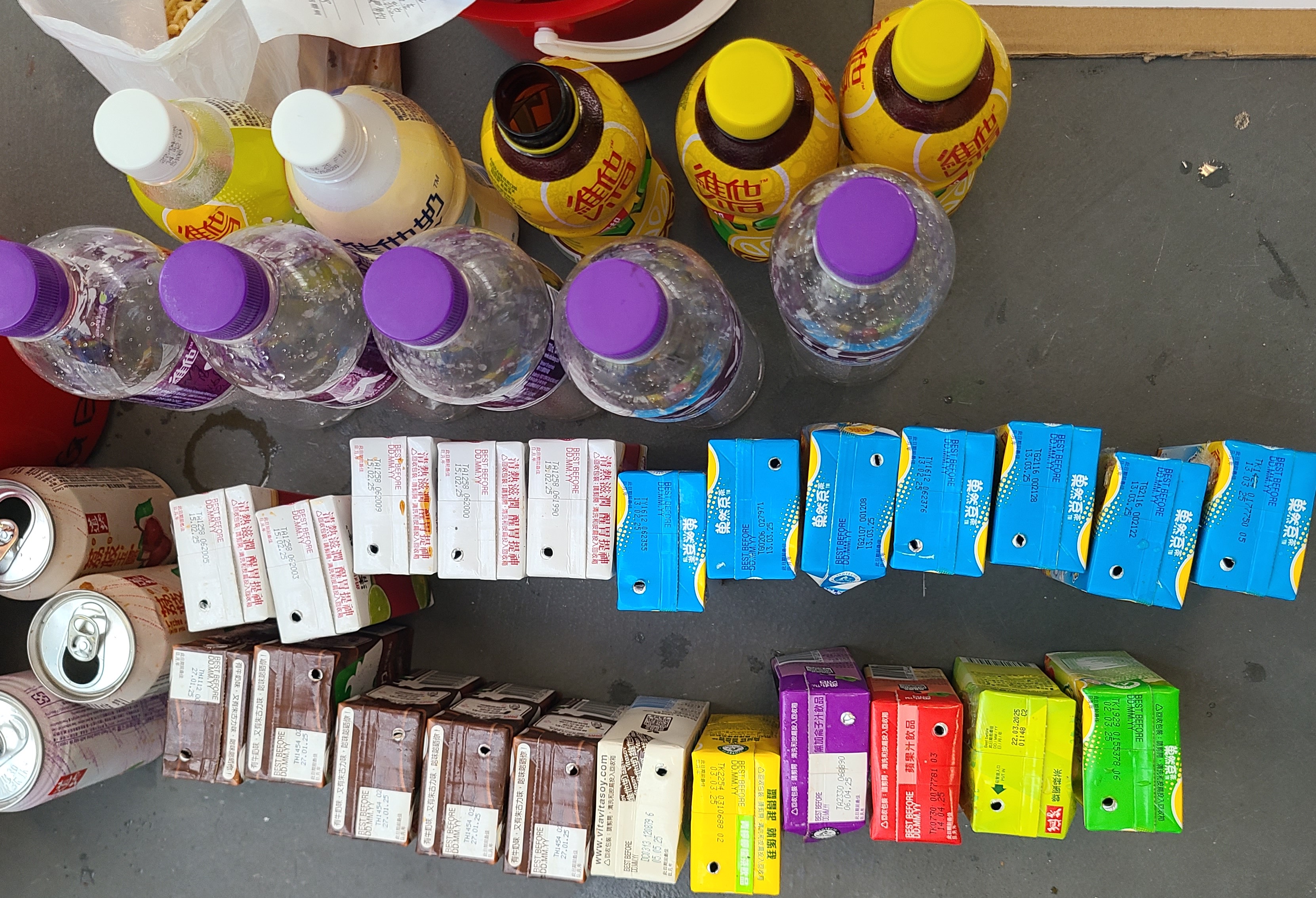
(29 Sep 2022 SCMP)
In 2009, then chief executive Donald Tsang Yam-kuen announced in his policy address that the government would promote the development of six industries, including the environmental industry. However, the recycling industry seems to be going backward.
Before a privately owned recycling plant called Mil Mill began operations, used liquid cartons were treated as waste rather than a resource. In the past three years, the initiative to recycle cartons has been gaining traction as the public increasingly understands that they can be recycled.
However, the lease for Mil Mill is set to run out soon. Mil Mill and the public have urged the Environmental Protection Department to help resolve the impasse by liaising with the landlord or finding another place for Mil Mill to continue its operations.
Mil Mill has been struggling to get enough feedstock to generate high-quality wet pulp to produce saleable recycled product while reducing pressure on landfills.
If the Environmental Protection Department cannot help the only liquid carton recycling plant sustain its operations, the concerted efforts made by the government, businesses, NGOs and members of the public in the past few years will be a total waste. The public will doubt whether the administration is serious about waste reduction and its overall environmental efforts.
Success will happen only if the producer responsibility scheme for beverage containers is in force. If such a scheme is in force and if it covers not just PET bottles, but also liquid cartons, then the recycling of liquid cartons is likely to become a profitable business. In that case, a recycler such as Mil Mill would have more options of land to rent.
But despite The Green Earth and others urging the EPD to develop such legislation for years, there only is a vague timeline saying that the legislation may be implemented by 2025 the earliest, and that only PET bottles will be regulated by giving a rebate of just 10 HK cents (1 US cent) per bottle.
Singapore might be ahead of us. Its National Environment Agency is inviting views on its Beverage Container Return Scheme, which is proposed to be implemented by mid-2024. The agency has established a more vigorous framework, which proposes to charge a refundable deposit of 10 to 20 Singapore cents (7 US cents to 14 US cents) when a pre-packed beverage is purchased. It proposes to include liquid cartons in a separate phase from PET bottles.
This Mil Mill issue has sent a clear signal to the EPD that the producer responsibility scheme for beverage containers must cover all types of pack formats. Leaving out one type will create a loophole for beverage producers to continue making profits without shouldering their due environmental responsibility.
Edwin Lau Che-feng, founder and executive director, The Green Earth
Source: Hong Kong Recycler Mil Mill’s Troubles Highlight Need To Make Recycling Profitable


 Green Talks
Green Talks 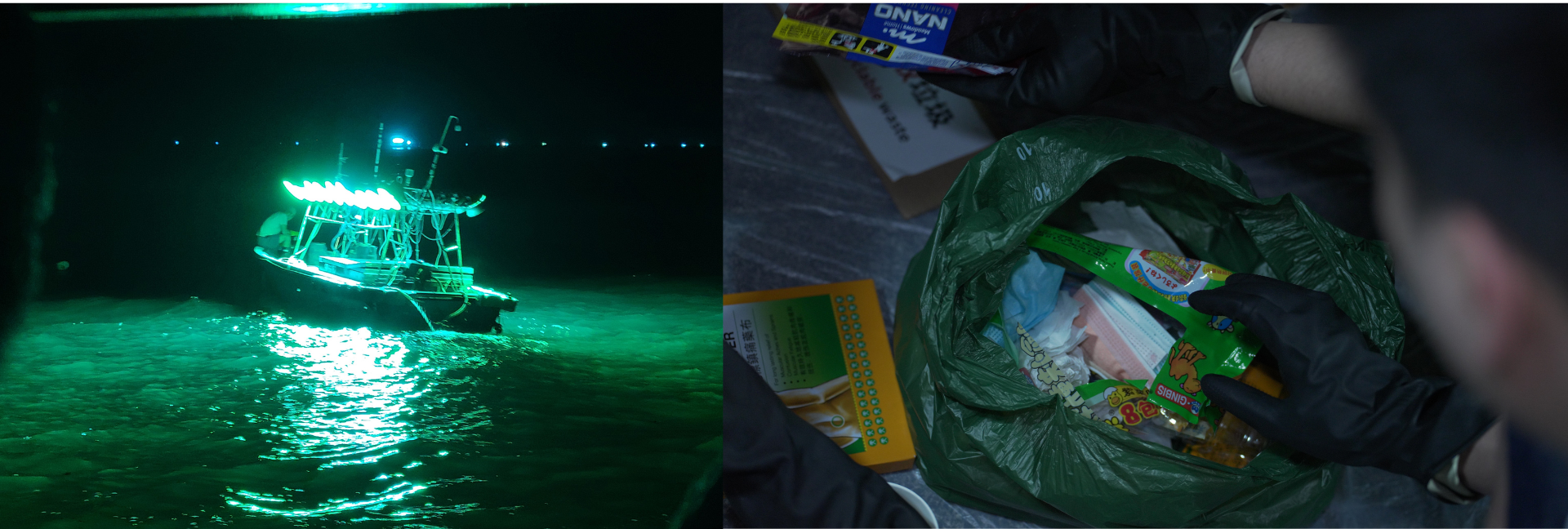

 Back
Back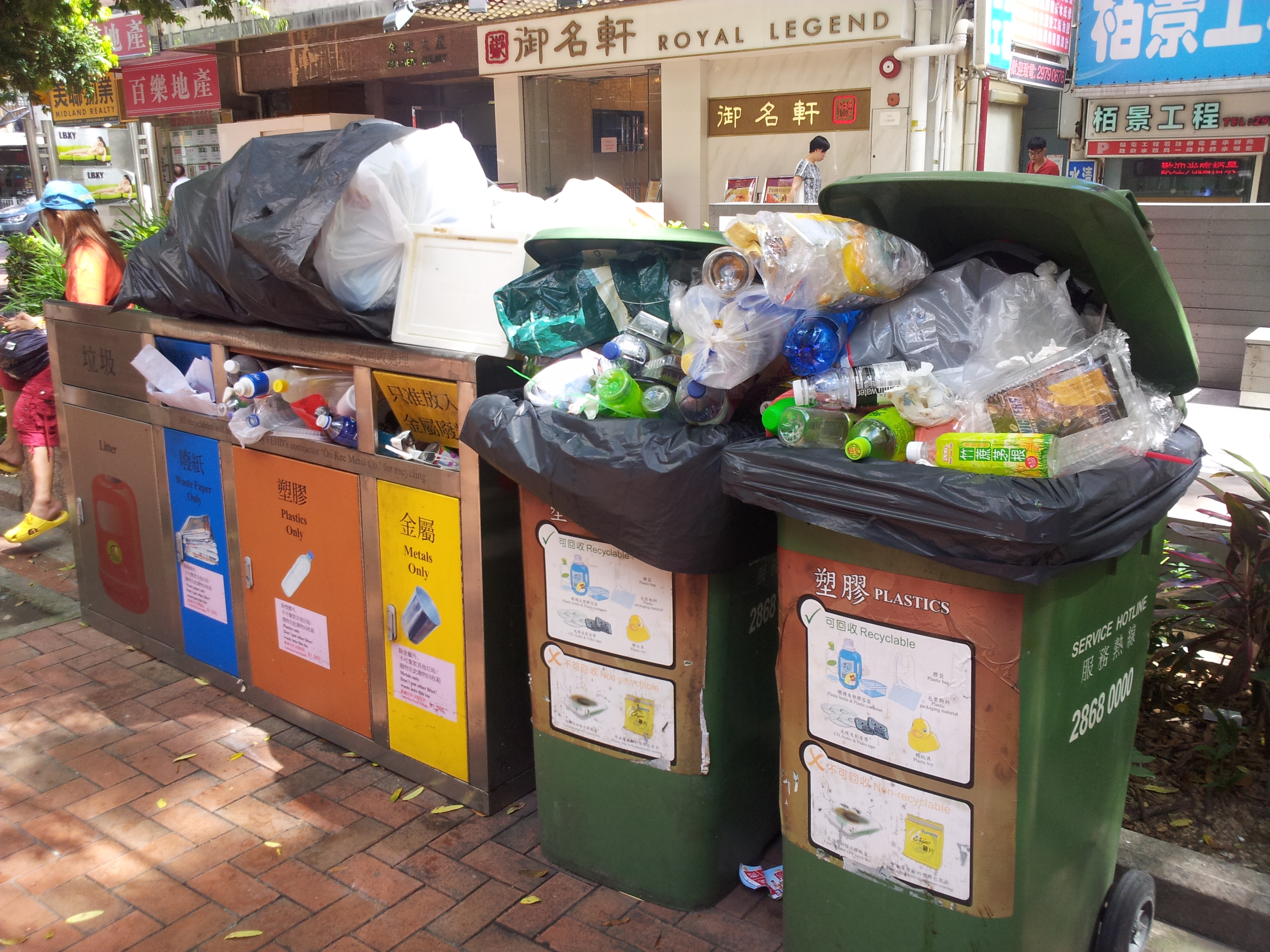
 18 Feb 2021
18 Feb 2021
